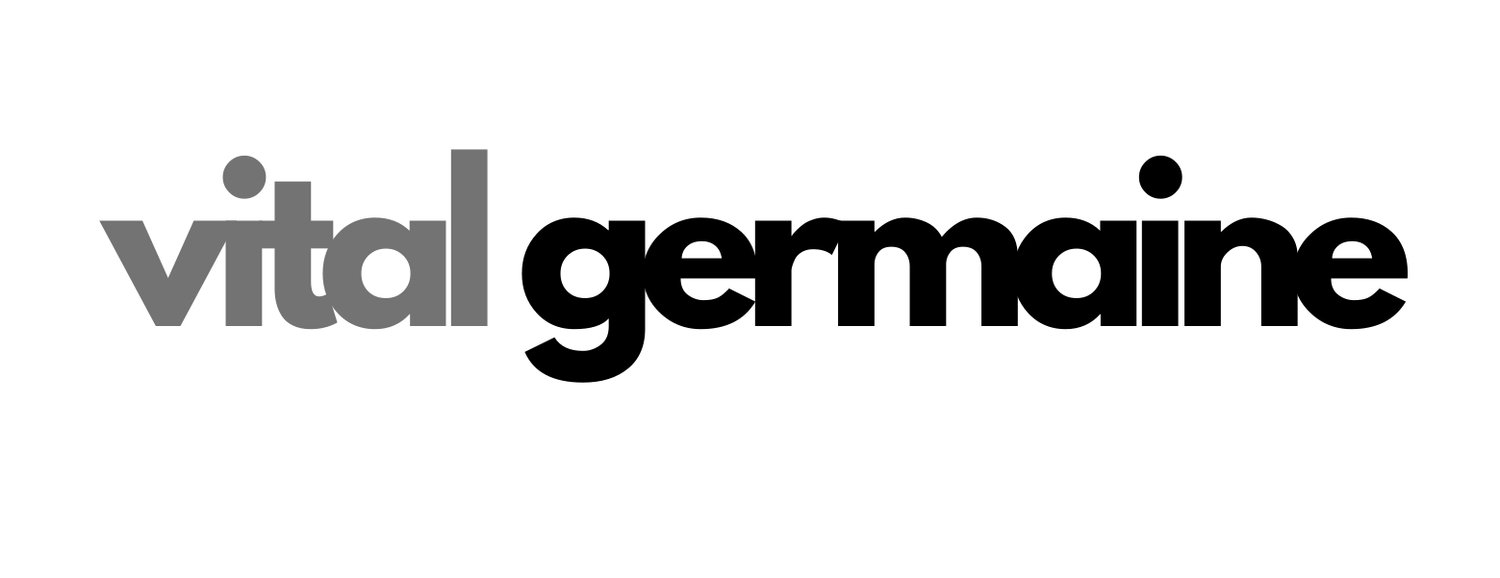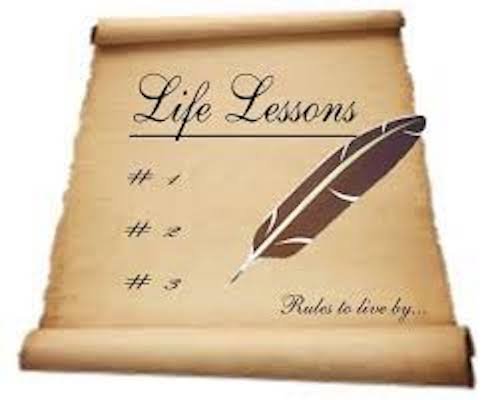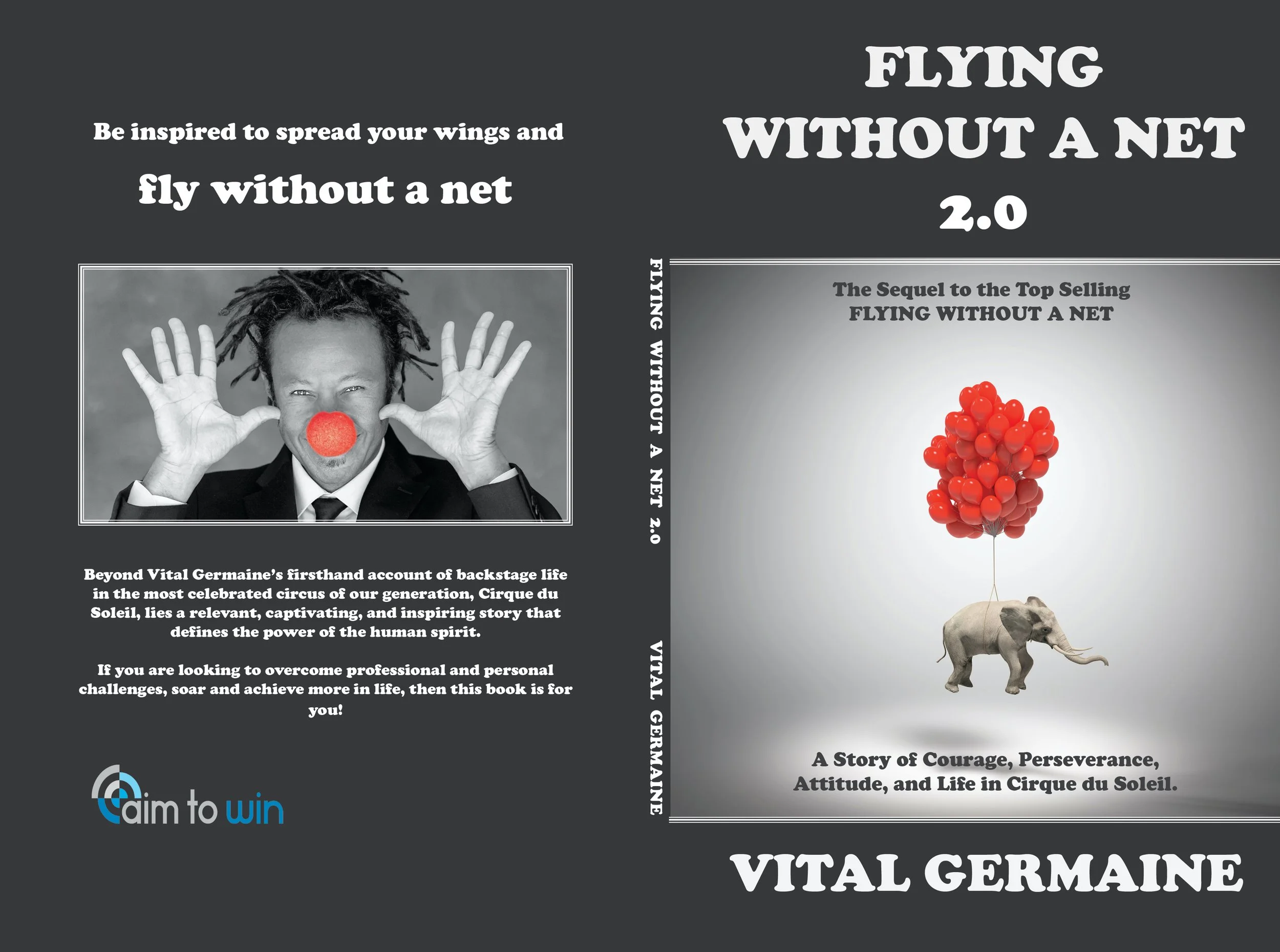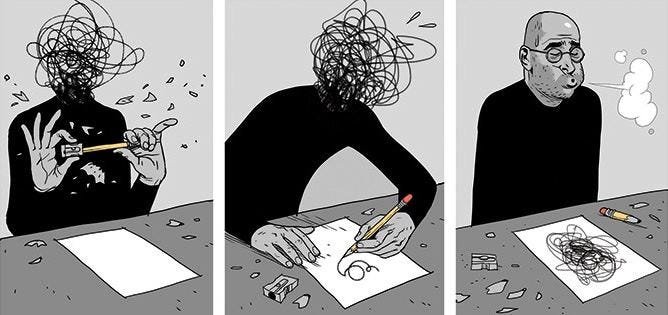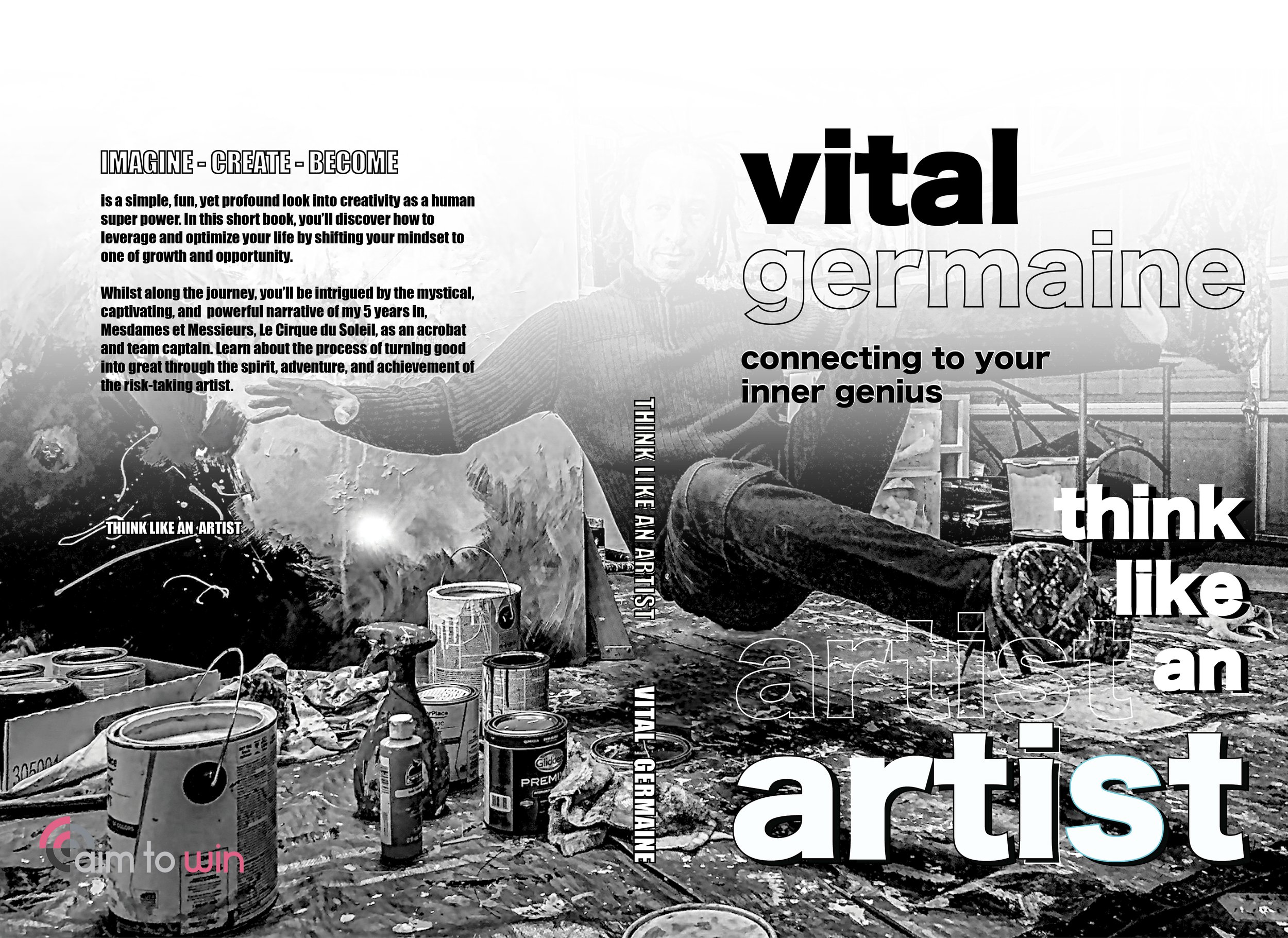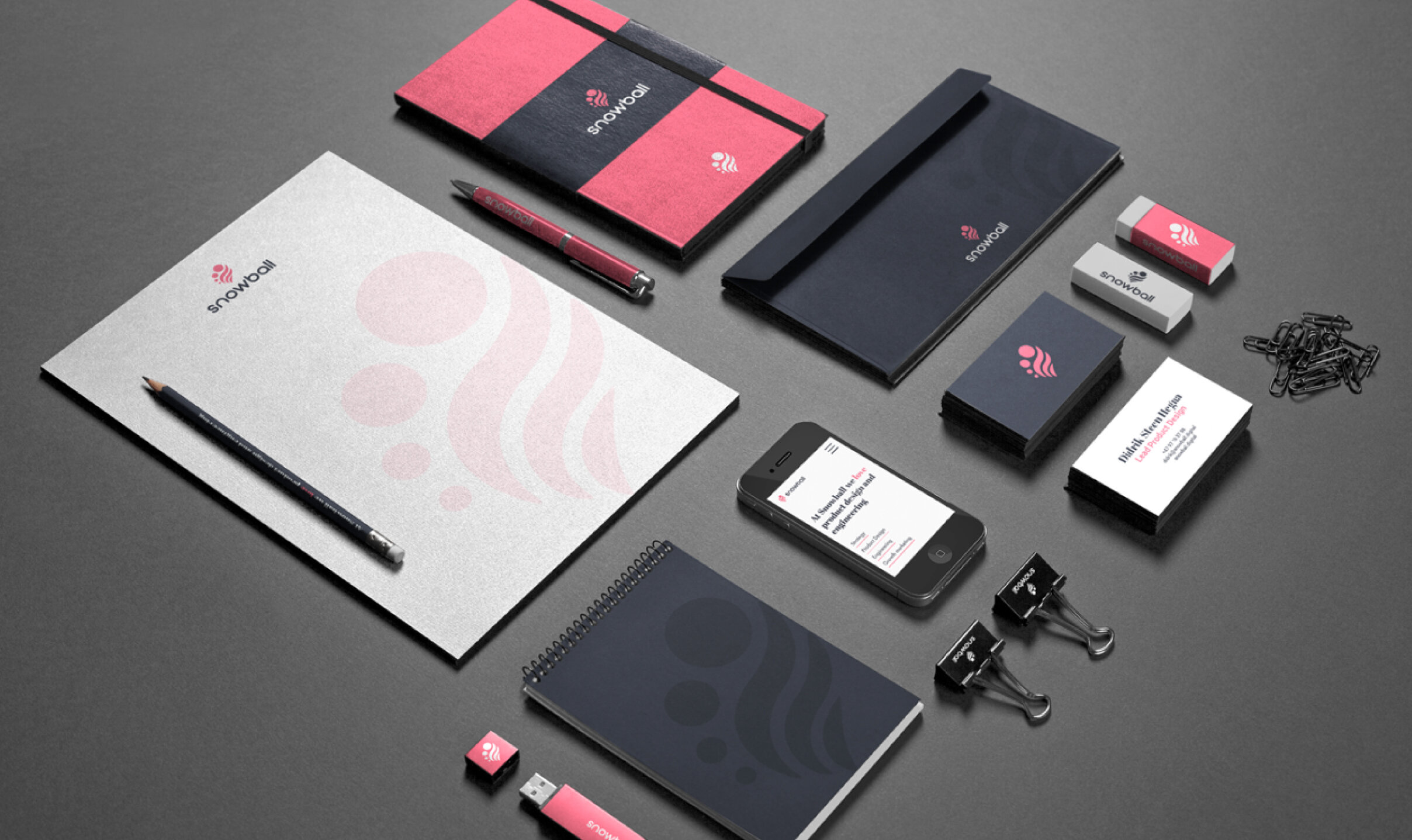Is Narcissism On The Rise?
/We’ve all experienced that toxic boss, the controlling family member, the manipulative girlfriend / boyfriend and the lying sibling. It appears to be happening more and more, but is it?
This is a complicated question as there are so many factors and variables to consider. The two most defining dueling factors are:
1: Is it being more exposed than before, making us more aware?
2. Are there simply more narcissists being born and created than ever before?
Narcissism is definitely not a new human character trait. It dates back at least to the birth of the term inspired by Greek Mythology. A young handsome mans falls in love with his own reflection. It also includes “self love” and disdain for others.
More modern usage stems from psychiatrists Paul Näcke and Havelock Ellis, who first used the term in 1889. For them it related to a person who used their own body like that of a sexual partner: objectification perhaps, which makes perfect sense. Narcissist objectify their prey as a form of toy they own.
Sigmund Freud further developed the concept in 1914 (Essay titled, “On Narcissism: An Introduction”, suggesting every child goes through a normal and healthy narcissistic phase as a part of its development. However, it became a disorder if continued during puberty and adulthood.
In 1913, Ernest Jones said, “People with extreme narcissism have a “God complex”.
And while on the topic of God, The Bible claims that “narcissism can be viewed as the epitome of sin”. The Book of Proverbs refers to narcissism as foolish behavior. “The fool makes his own rules, scoffs at rebuke, and disregards the harm his actions may cause.” Sounds about right!
So, it’s definitely been around for a while.
Nonetheless, modern society unto itself has become more narcissistic, fueled in big part by social media (look at ME, like ME, follow ME). It is becoming common place because everybody is becoming more narcissistic. We find them in the workplace (toxic boss or controlling colleagues), in our circle of friends, family and lovers. They destroy self-esteem and relationships.
CAVEAT: Having narcissistic traits, doesn’t necessarily make you a narcissist, in the same way that having athletic abilities doesn’t make you an athlete. The term is being thrown out there for anybody who is remotely selfish, lied (even once) and for the gain of manipulators to insult others by using that term when they don’t get their way. And btw, If you haven't and aren’t experiencing and uptick in narcissistic behavior, well, guess what that could mean? LOL
There are certain demographics who struggle and are more impacted more heavily by this uptake in narcissitic traits and tendencies, THE EMPATH! (highly empathetic and/or sensitive person, some people with ADHD, too). This modern world of ME, ME, ME is exhausting and highly challenging for these neurodivergent types.
The empath is continually fighting an energetic battle with a world filled with endless beauty, yet so much ugliness. It appears that narcissism and energy vampires are on the rise… freely and openly coming out of the woodwork like a bad trend… or are they simply being more exposed, but they were always there… simply more identifiable through out awareness? Once you see, you can’t unsee.
Either way, if you are an empath, your energy is precious and must be protected. This means having difficult and courageous conversations to establish BOUNDARIES. Take my online communication course with an entire module dedicated to “COURAGEOUS CONVERSATIONS”
SO, NOW WHAT?
In the meantime, you must recharge regularly and consistently to sustain a level of wellness. Through introspection, silence and inviting calm into your life you become stronger and more resilient, but you shouldn’t always be fighting toxicity. You should be searching for peace, which can mean distance, separation and even isolation from people with narcissistic traits.
Rest, calm, peace… safety, is an empath must. You must invest and design your wellness lifestyles… it can be so simple.
Whether you are a neurodivergent or not, invest in YOU, TOO, not just everybody else. This is not selfish, and I don’t call it self love (go back to beginning of the blog and the term “self-love”). It is about self-respect and self-care, not self love.
Have a beautiful day, week, year in both your personal and professional life.
Vital Germaine
